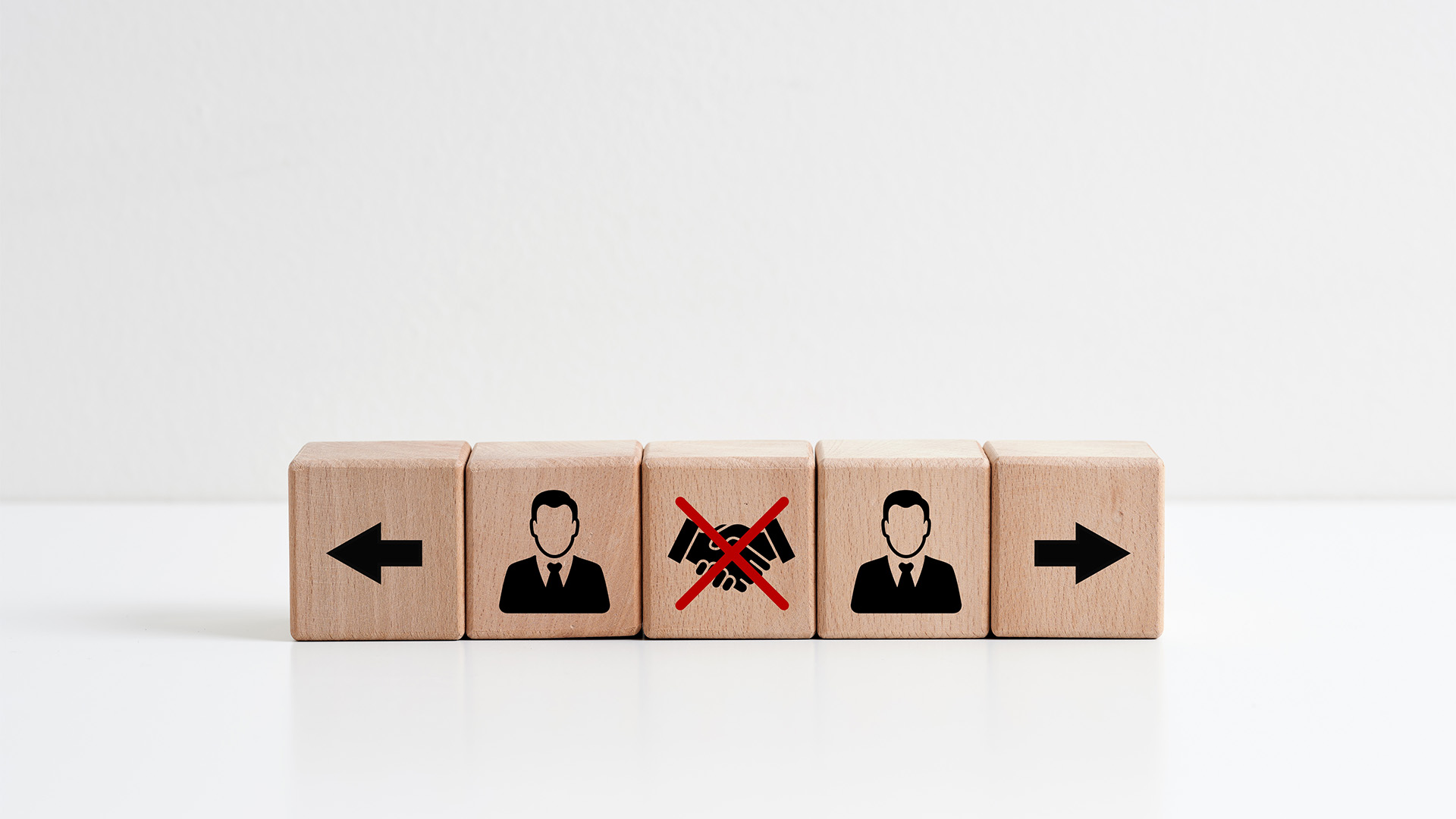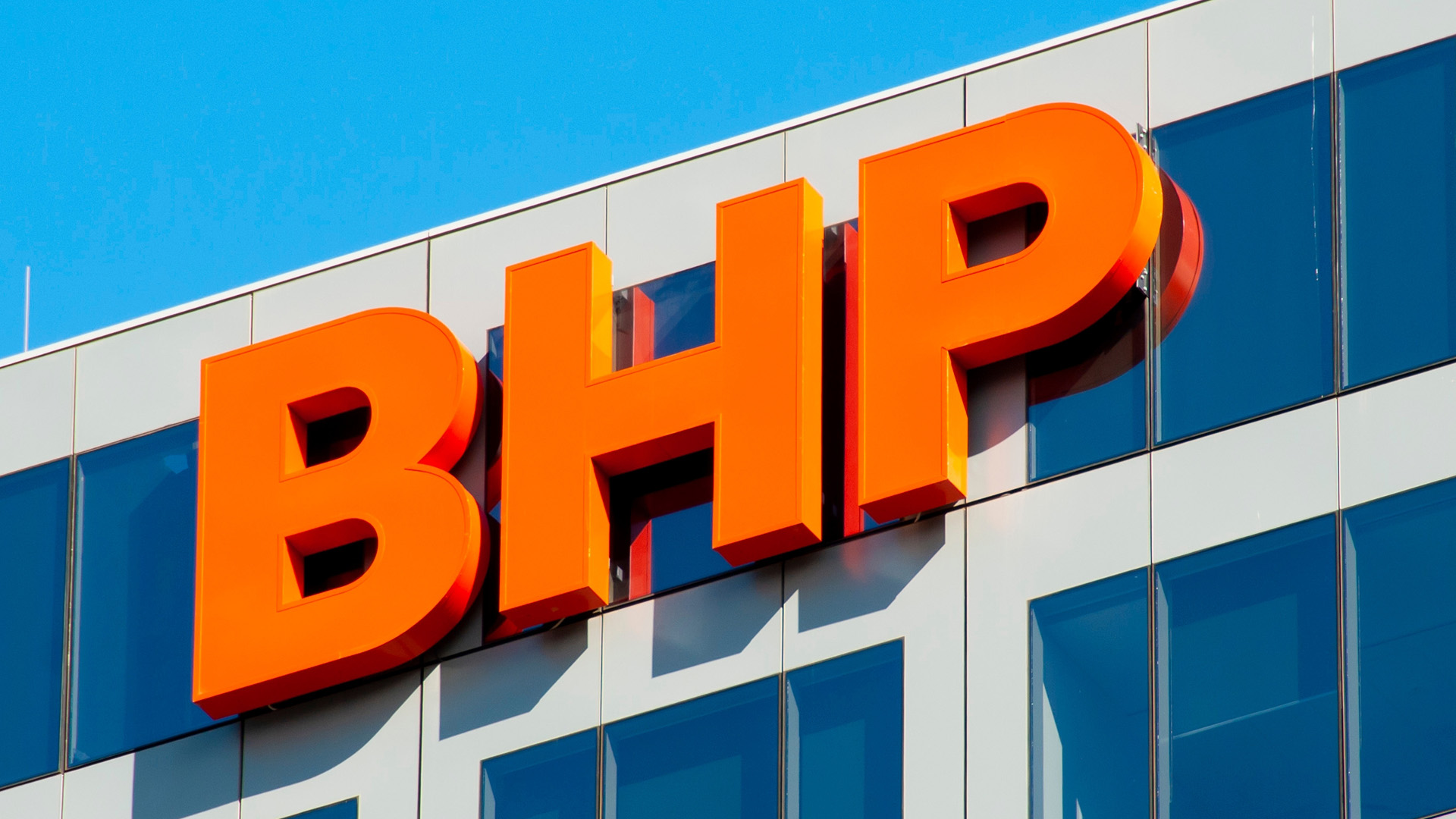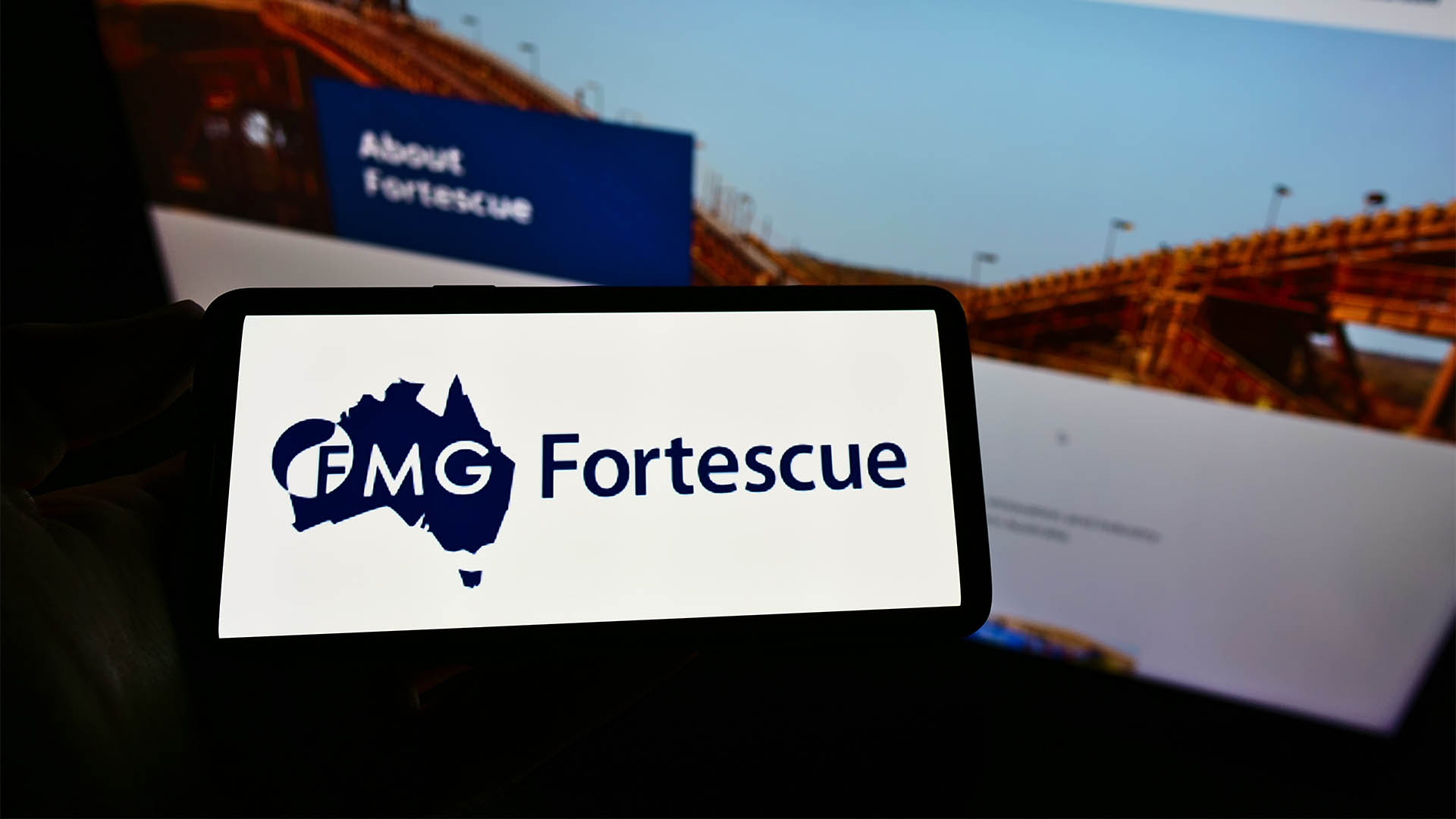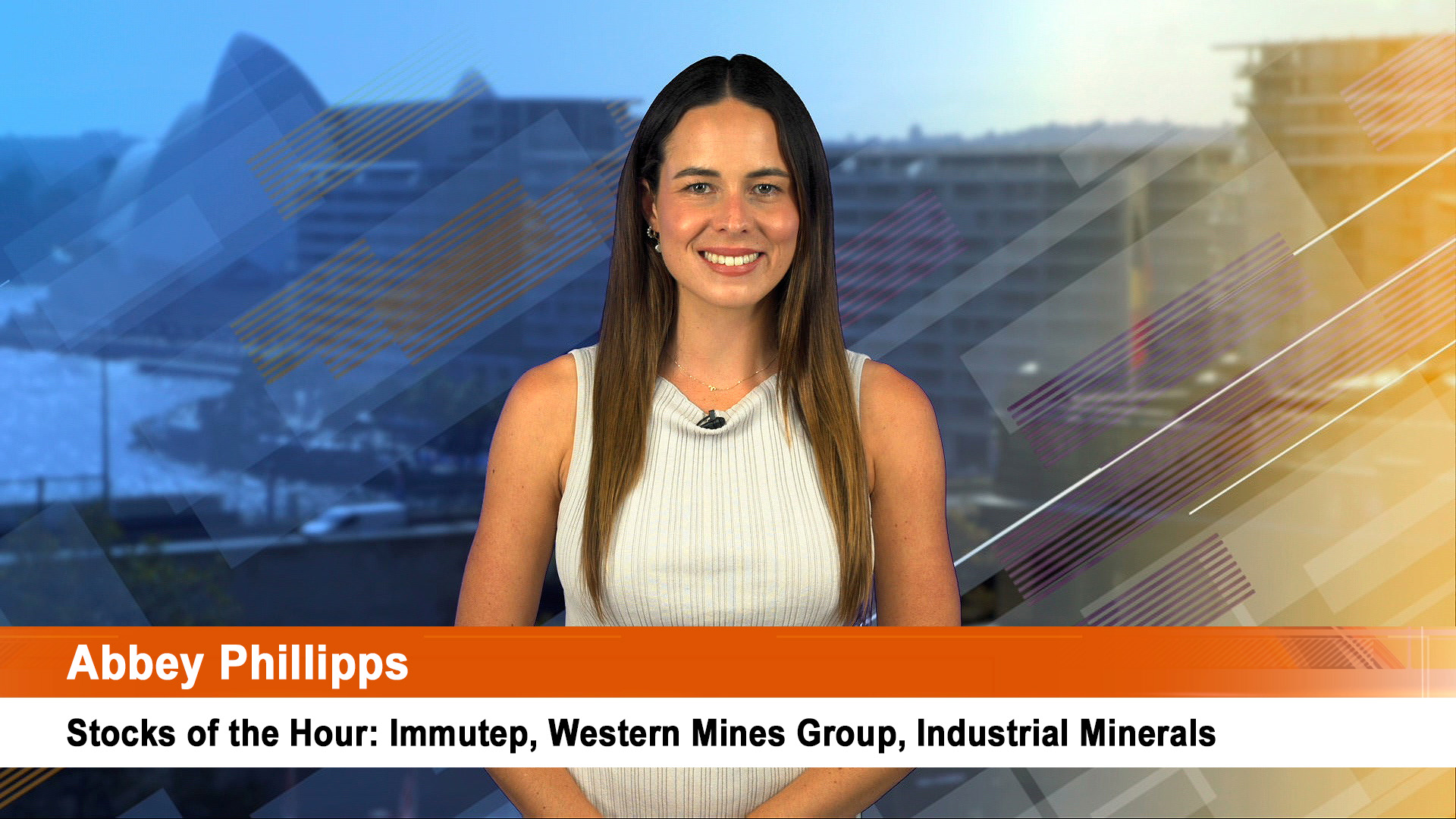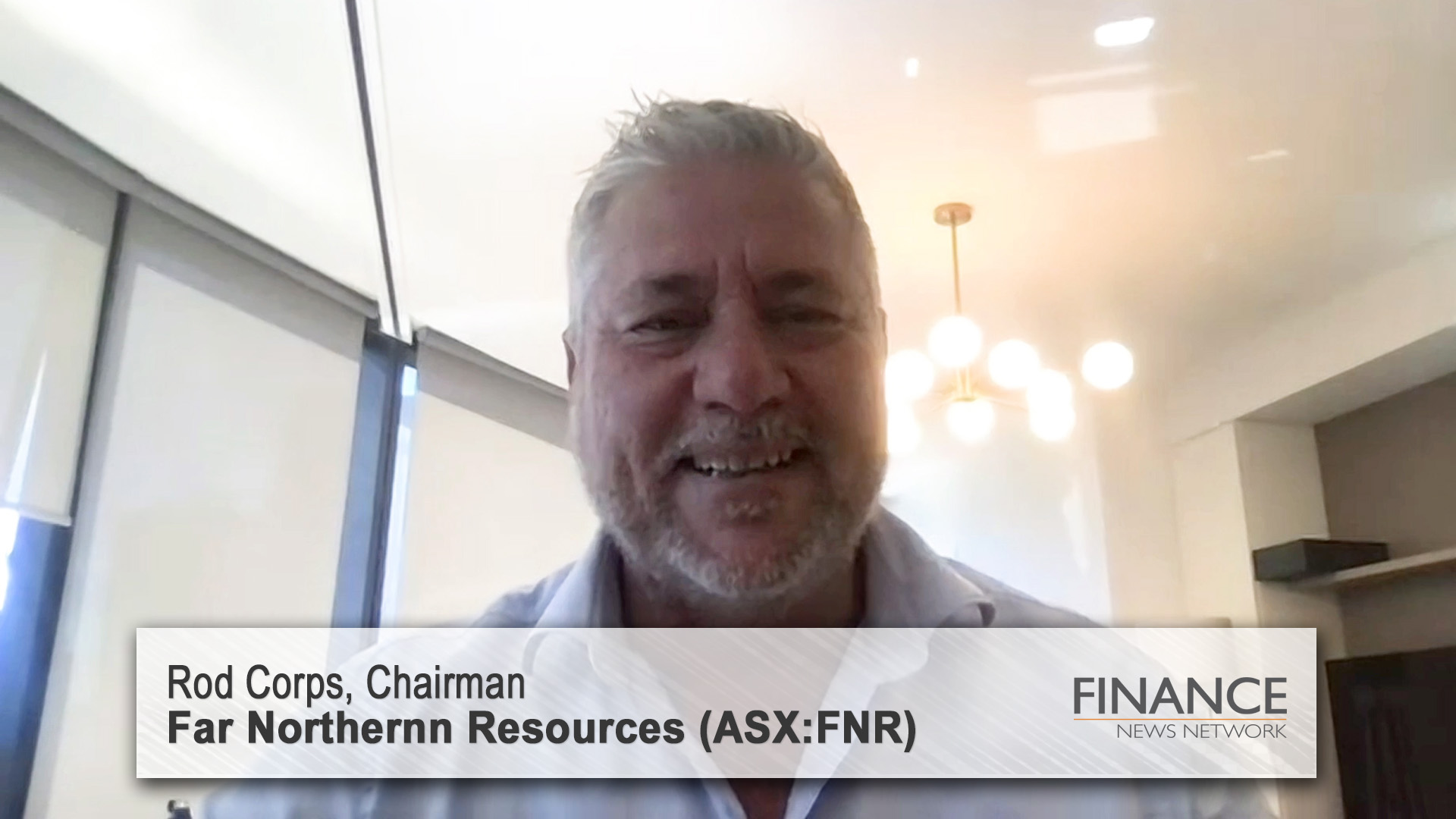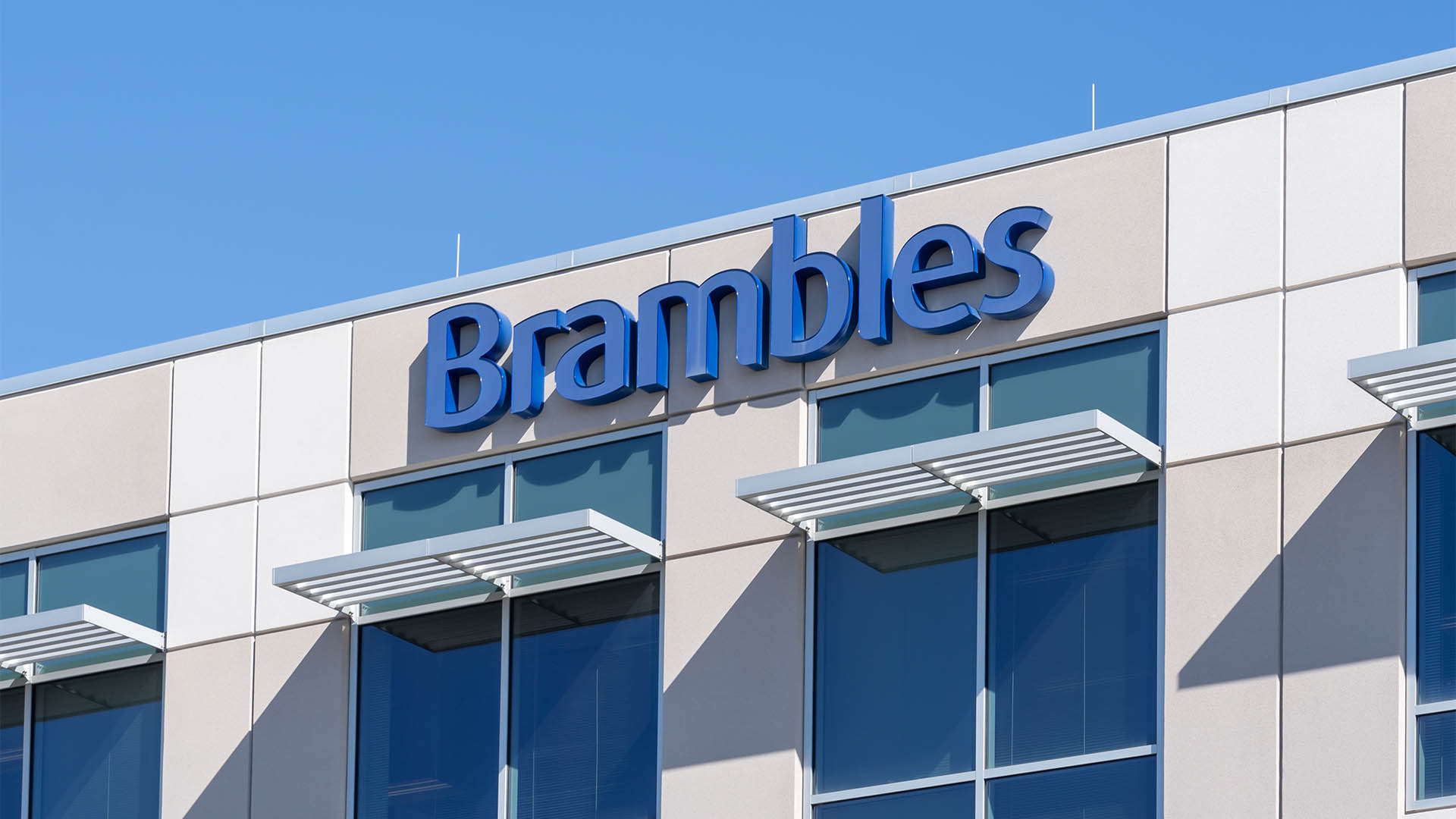Shares in Virgin Australia (VAH) rose in yesterday’s wider sell-off after Moody’s put its credit rating has been placed on review for a possible downgrade.
The shares rose 2.7% to 37 cents in early trading as investors concluded the downgrade meant that Moody’s saw Virgin Australia hanging round for a while longer after the news last week that Air NZ was abandoning the airline and selling out.
But as they day went on and the market fell, shareholders sold and Virgin shares ended steady on 36 cents – which wasn’t a bad outcome given the news and the 71 point, 1.4% slide in the wider market.
Air New Zealand said it could sell all or part of its 26% in VAH, a move that saw rival ratings agency Standard & Poor’s to revise its ratings outlook to “negative” from “stable".
Virgin does not have an investment grade credit rating from either agency, with Moody’s rating its senior unsecured debt as B3 and S&P rating it as B-. Virgin’s corporate rating is B2 from Moody’s and B+ from S&P.
But it is a bit odd that the ratings group have moved ahead of any actual sell-down of its holding (and the fate of the $131 million shareholder loan made in the short term loan deal done the week before by Virgin’s big shareholders.
Moody’s announcement came as one of Virgin’s major shareholders, billionaire Richard Branson’s Virgin Group, agreed to sell its 22% stake in, Virgin America, to Alaska Airlines as part of a takeover deal. Virgin Group will receive about $US570 million ($750 million) in proceeds from the sale.
Virgin Group, which owns 10% of Virgin Australia, is backing the 12-month $425 million loan to Virgin Australia alongside Air New Zealand, Singapore Airlines and Etihad.
Virgin Australia has a market value of $1.3 billion, less than half the Virgin America sale price, despite being a much larger airline than the US carrier in terms of its annual revenue and fleet size.
In Australian dollar terms, Virgin America reported $2 billion of revenue last year compared with Virgin Australia at $4.7 billion. Markets are funny – but then the US is a far larger market with more potential for growth thanAustralia.
The US market doesn’t have a dominant carrier like Australia does with Qantas. There are four roughy similar-sized groups – American, Southwest, Delta and United Continental, and two smaller rivals in Alaska Airlines, which will get bigger with the Virgin deal, and Jet Blue which also wanted Virgin, but lost out.





